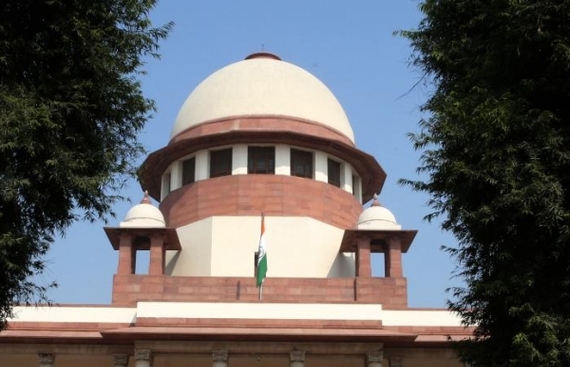Supreme Court Directs Real Estate Developers Not to Restrict Homebuyers with One-sided Agreement

The Supreme Court on January 12 observed that a real estate developer cannot compel homebuyers to be bound by one-sided contractual terms contained in the Apartment Buyer's Agreement. The apex court held that incorporation of such unreasonable clauses in the agreement constitutes an unfair trade practice under the Consumer Protection Act.
The supreme court states, “The terms of the Apartment Buyer‘s Agreement are oppressive and wholly one-sided, and would constitute an unfair trade practice under the Consumer Protection Act, 1986. In view of the above, we hold that the developer cannot compel the apartment buyers to be bound by the one-sided contractual terms contained in the Apartment Buyer‘s Agreement.”
On the issue of whether provisions of RERA be given primacy over Consumer Protection Act, 1986, the court was of the view that in case there are two concurrent remedies available, and the aggrieved party chooses to exercise one, then “he loses the right to simultaneously exercise the other for the same cause of action.”
The bench comprising Justices DY Chandrachud, Indu Malhotra and Indira Banerjee held this while disposing of an appeal filed by a real estate developer Ireo Grace Realtech against an order passed by National Consumer Disputes Redressal Commission. The NCDRC order had directed Ireo Grace to refund the amount paid by homebuyers on account of the inordinate delay in completing the construction and obtaining the occupation certificate.
The court directed that the amounts deposited by the apartment buyers be refunded with 9 percent simple interest per annum from November 27, 2018, till the date of payment of the entire amount. The refund will be paid within a period of three months from the date of this judgment. If there is any further delay, the developer will be liable to pay default interest at 12 percent simple interest per annum.
Furthermore, the court also directed the real estate developer not to deduct the earnest money of 20 percent from the principal amount, or any other amount on account of the various defaults committed by the developer, including the delay of over seven months in obtaining the Fire NOC (No Objection Certificate).
Read More News :


.jpg)
